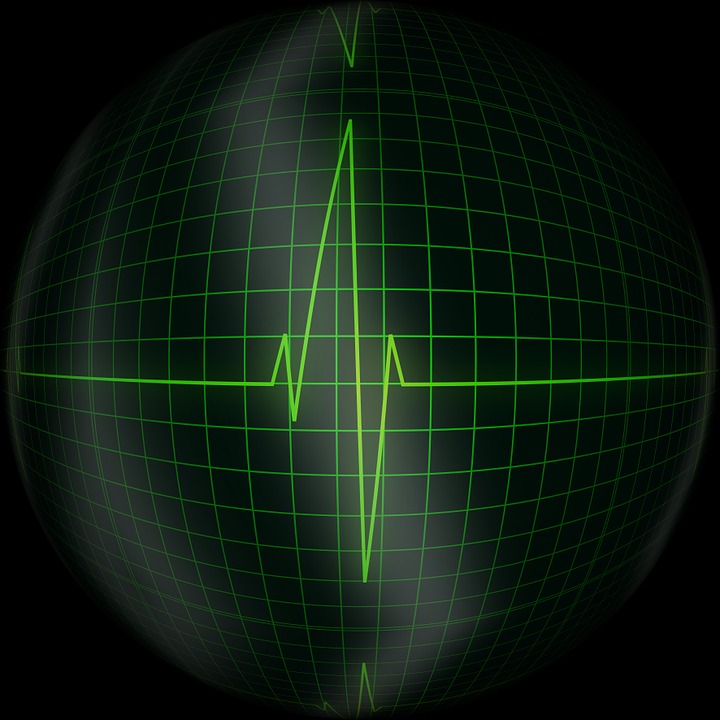Sinus bradycardia ECG is a condition that can cause your heart rate to slow down to an abnormally low level. It is caused by a problem with the sinus node, which is responsible for controlling the rhythm of your heartbeat. In most cases, bradycardia can be treated successfully with medication or surgery. However, in some cases, it can lead to more severe problems such as heart failure. If you think you may have bradycardia, it is essential to see your doctor so that they can diagnose and treat the condition.
What should I know about this?
There are a few different types of bradycardia. The most common type is called sinus node dysfunction (SND). This occurs when the sinus node doesn’t work correctly and doesn’t send out electrical impulses at the right time. This can cause your heart rate to slow down or stop altogether. SND is the most common type of bradycardia, accounting for about half of all cases. It usually affects people over 60 and is more common in women than men.
The second most common type of bradycardia is an atrioventricular block (AV block). This occurs when there is a problem with the electrical conduction between the atria and ventricles. This can cause your heart rate to slow down or stop altogether. AV block is less common than SND, accounting for one-third of all cases. It usually affects people over 60 and is more common in men than women.
We hope this information has been useful to you.






